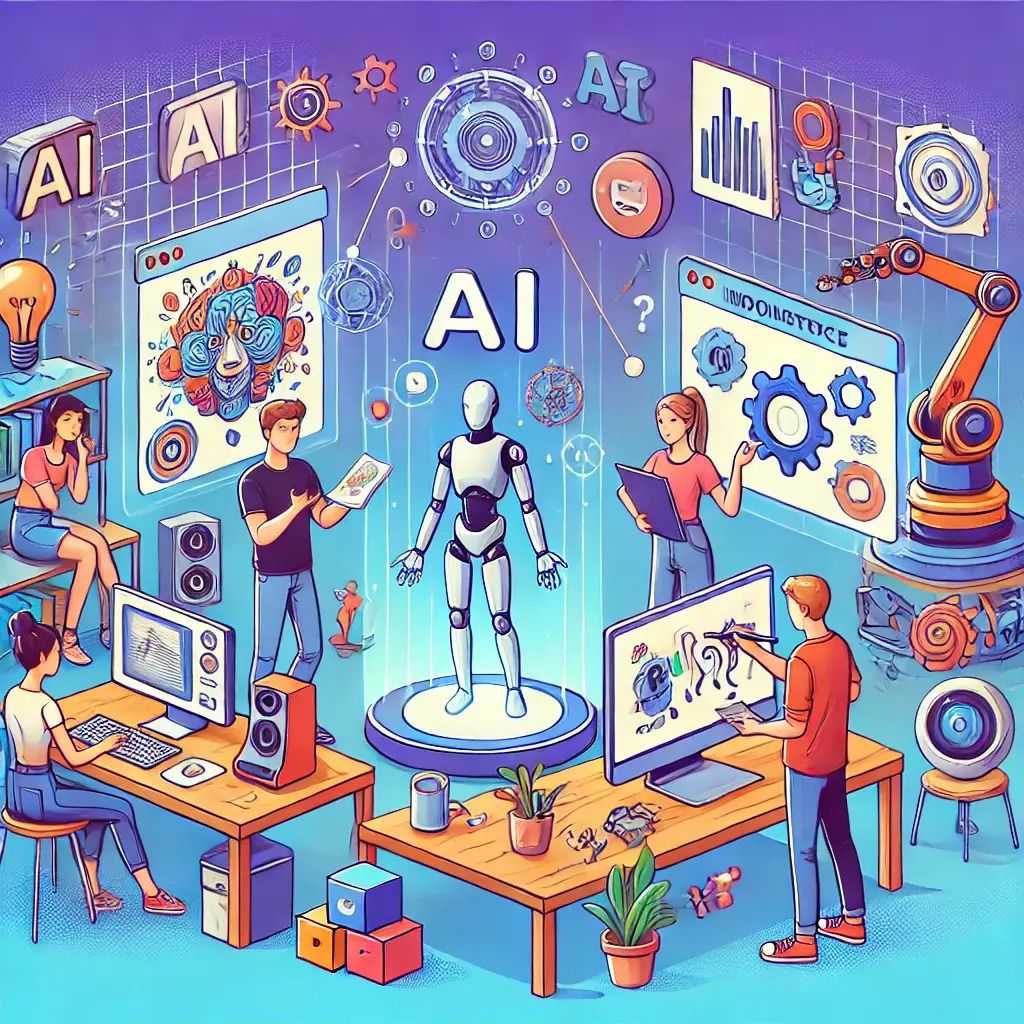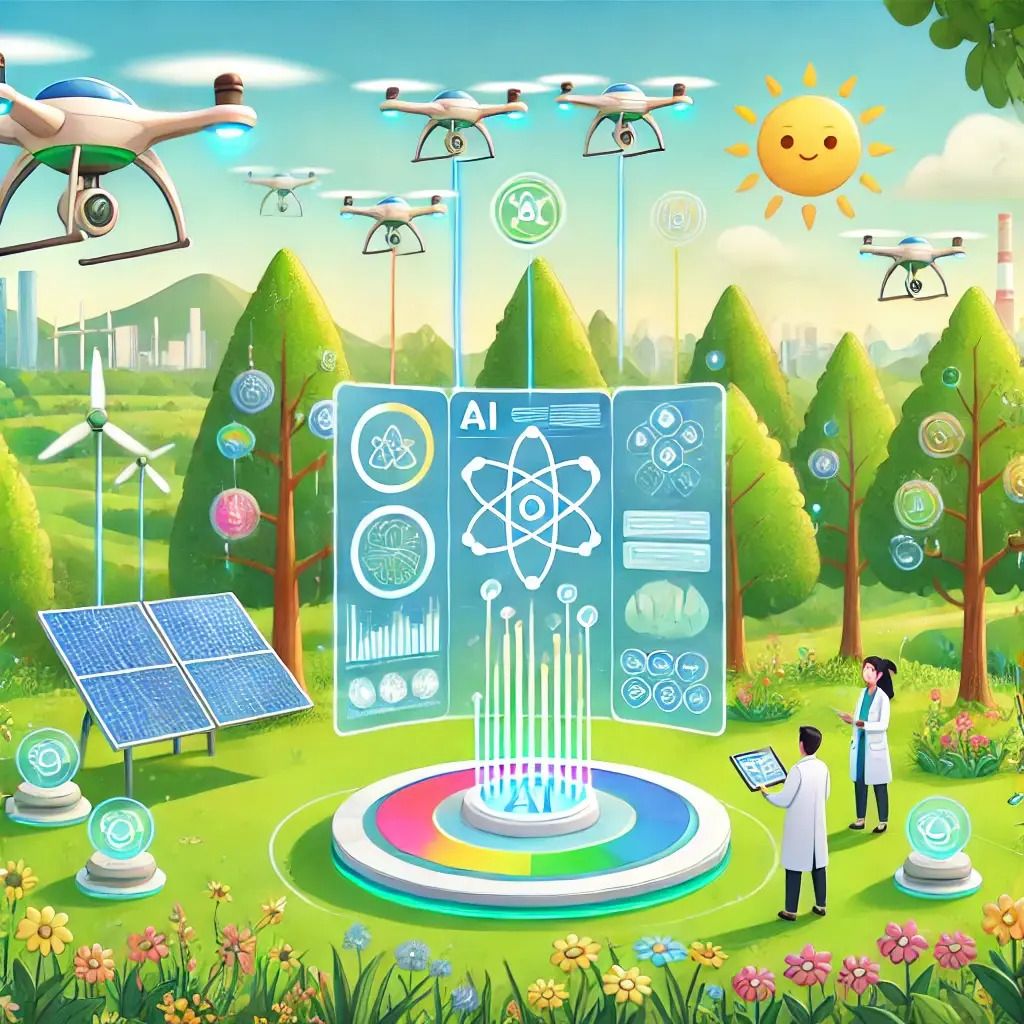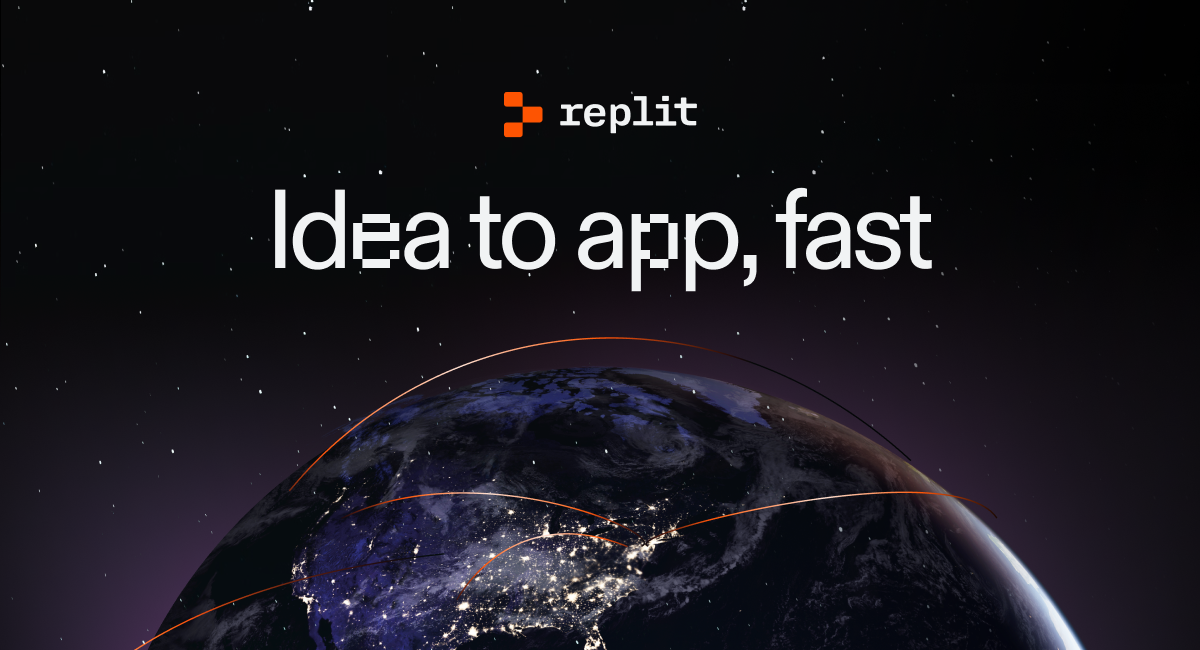
Welcome back.
Today we take a look at what’s expected to unfold over the next 12 months in the realm of AI. From AI helping tackle climate change, to the ethical implications as AI digital transformation revolutionises the business world.
So let’s take a look at the top 10 below ⬇
Today's Edition
#1 Generative AI Expansion
Generative AI continues to redefine creativity, offering unprecedented tools to produce art, literature, music, and even fully immersive virtual worlds.
In 2025, expect businesses and creators to increasingly leverage these tools to craft personalized experiences that resonate deeply with their audiences.
Marketing campaigns will become hyper-tailored, using generative AI to predict and match consumer preferences with precision. Moreover, the entertainment industry will witness a surge in AI-driven storytelling, where algorithms create not just scripts but entire universes.

Industries like architecture and fashion are also tapping into AI’s ability to generate innovative designs, pushing the boundaries of human imagination.
As the technology matures, ethical concerns about authorship and originality will grow, spurring debates about the role of AI in creative endeavours.
#2 AI in Healthcare
AI's role in healthcare is set to deepen, transforming it into a more precise, personalized, and accessible domain.
Personalized medicine, powered by AI, will analyze genetic, lifestyle, and environmental data to tailor treatments to individuals, improving outcomes and reducing side effects.
AI-driven diagnostic tools will enhance accuracy, particularly in radiology and pathology, where early detection can save lives. Chatbots and virtual health assistants will ease the burden on healthcare providers by answering patient queries and managing appointments.
Perhaps most groundbreaking, AI’s ability to model and predict protein structures, as seen in recent advances, will accelerate drug discovery, making treatments for rare and complex diseases available faster.
However, ethical questions about data privacy and algorithmic bias in medical AI will remain pivotal.
#3 Natural Language Processing (NLP) Enhancements
Natural Language Processing (NLP) is becoming remarkably sophisticated, making human-computer communication feel seamless and natural.
In 2025, conversational agents like virtual assistants will blur the line between humans and machines, offering empathy, nuance, and contextual understanding. Beyond personal use, businesses will deploy advanced NLP systems to revolutionize customer service, allowing for real-time resolution of complex queries in multiple languages.
AI-driven translation tools will play a significant role in breaking language barriers, enabling businesses and individuals to communicate globally with ease. NLP’s ability to generate and comprehend human-like text will also enhance education, journalism, and entertainment.
Yet, with such power, comes the responsibility to curb the misuse of NLP for generating deepfakes and misinformation.
#4 AI for Climate Action
AI will be a critical ally in combating climate change in 2025. Machine learning algorithms will optimize renewable energy grids, predicting energy supply and demand to reduce waste.
AI-driven systems will analyze satellite and sensor data to track deforestation, ocean health, and wildlife populations, providing actionable insights for conservation efforts. Urban planning will also benefit, as AI models simulate and recommend sustainable infrastructure development.

Moreover, AI will aid companies in calculating and minimizing their carbon footprints, ensuring compliance with environmental regulations.
However, the energy consumption of AI itself will come under scrutiny, pushing researchers to develop more energy-efficient algorithms and hardware.
#5 AI in Education
AI is poised to make education more personalized and inclusive than ever before. Adaptive learning platforms will analyze individual learning styles and pace, delivering tailored lessons that maximize comprehension and retention.
Virtual tutors powered by AI will be available around the clock, providing instant feedback and clarifying doubts. Schools and universities will use AI to identify students at risk of falling behind, enabling timely intervention.
The technology will also democratize education, offering high-quality resources to underserved regions and breaking down barriers to lifelong learning. Furthermore, corporate training programs will integrate AI-driven modules to reskill workers for the demands of the evolving job market.
Educators and policymakers must address concerns about AI’s potential to deepen the digital divide.
#6 Advanced Robotics
The robotics industry will take a quantum leap in 2025, with AI empowering robots to perform tasks with remarkable precision and adaptability. Service robots will play an integral role in healthcare, assisting with surgeries, rehabilitation, and elder care.
In logistics, autonomous robots will streamline supply chains, handling goods with efficiency and minimal human intervention.

Hospitality will see AI-powered robots offering personalized guest experiences in hotels and restaurants. Meanwhile, factories will become smarter with AI-driven robots performing quality checks, predictive maintenance, and complex assembly tasks.
Advances in tactile sensing and AI will make robots more adept at interacting with their environments and humans. However, integrating robots into everyday life will raise ethical and labor-related challenges.
#7 AI Ethics and Regulation
As AI becomes more ingrained in society, 2025 will witness intensified efforts to address its ethical and regulatory challenges.
Governments and organizations will push for robust policies to ensure AI systems are fair, accountable, and transparent. Concerns about bias in AI algorithms will lead to the development of standardized benchmarks and auditing tools.
Explainable AI (XAI) will gain traction, offering users clearer insights into how decisions are made. Companies will be held to higher standards regarding data privacy and consent, especially as AI applications in sensitive areas like healthcare and finance grow.
International collaborations will emerge to create unified ethical frameworks, but balancing innovation with regulation will remain a contentious issue.
#8 Edge AI
Edge AI, where data processing happens closer to the data source rather than centralized servers, will see rapid adoption in 2025.
This technology will power smart home devices, autonomous vehicles, and industrial IoT systems, enabling real-time decision-making with minimal latency.
Privacy will also get a boost, as sensitive data can be processed locally without being sent to the cloud.
The rise of 5G and improved hardware will further accelerate the capabilities of Edge AI. Businesses will use it for applications like predictive maintenance, anomaly detection, and personalized customer experiences.
However, ensuring the security of decentralized systems will be a key challenge.
#9 Collaboration Between Humans and AI
Rather than replacing humans, AI will act as an enabler, augmenting human creativity, analysis, and decision-making in 2025.
Tools powered by AI will empower professionals across fields—designers will create innovative works using generative models, while doctors will diagnose complex conditions more accurately with AI assistance.
In the workplace, AI will streamline routine tasks, allowing humans to focus on strategy and innovation. Collaborative robots, or "cobots," will work alongside human workers in manufacturing and logistics, enhancing efficiency.
This human-AI partnership will spur a new era of productivity, but ensuring inclusivity and mitigating fears of displacement will remain vital.
#10 AI in Entertainment and Gaming
AI is set to revolutionize the entertainment and gaming industries, creating experiences that are more immersive and adaptive than ever before. Virtual and augmented reality platforms will harness AI to craft environments that respond dynamically to user actions, enhancing storytelling and gameplay.
AI will enable characters in games and movies to exhibit lifelike emotions and behaviors, making interactions feel authentic.
Content generation will also benefit, with AI creating personalized stories, soundtracks, and even tailored endings based on audience preferences. In gaming, procedural content generation will lead to infinite, unique experiences.
However, maintaining a balance between AI-driven innovation and preserving the human touch in creativity will remain a critical discussion.
🗣 AI “Quote of the Day”
"Creativity thrives where curiosity meets courage—dare to explore the unknown today"

Created with ChatGPT / DALL-E
🚀 AI Tech Spotlight
🔍 Replit - Create beautiful, modern web applications at the speed of thought.
Replit is an online platform designed to make coding and software development accessible, collaborative, and efficient. It offers an integrated development environment (IDE) that runs directly in your web browser, allowing users to write, test, and deploy code in a wide variety of programming languages without requiring local setup.
Key Features:
Ease of Use: Replit supports numerous programming languages, making it beginner-friendly and versatile for experienced developers.
Collaboration: It enables real-time collaboration, similar to Google Docs for code, allowing teams to work together seamlessly.
Hosting and Deployment: Users can host and deploy their projects directly on the platform, streamlining the development lifecycle.
Learning Resources: Includes tutorials, templates, and a community of developers to help users learn and share knowledge.
Cross-Platform Access: Since it's web-based, Replit works on any device with internet access, ensuring flexibility for developers.
Replit is popular among students, educators, and professional developers for its simplicity, accessibility, and robust features for collaborative coding and rapid prototyping.
🗓 On This Day In History
On January 1, 45 BCE, the Julian calendar, proposed by Julius Caesar, came into effect, revolutionizing timekeeping by replacing the inaccurate Roman calendar. Developed with the advice of Greek astronomer Sosigenes, it introduced a 365-day year with 12 months and a leap day every four years to align with the solar year. This reform standardized the measurement of time, improving the organization of agriculture, religious observances, and civil life. By making January 1 the start of the year, the calendar also reflected political and administrative shifts in the Roman Empire. Serving as the foundation for the later Gregorian calendar, the Julian system’s legacy remains integral to modern timekeeping.



